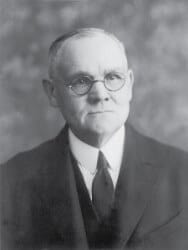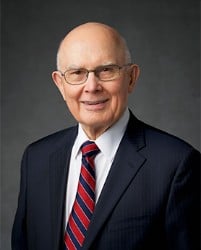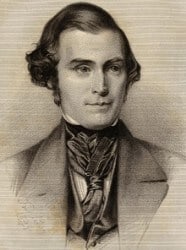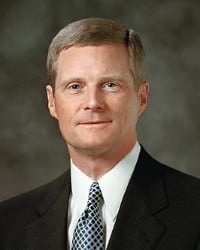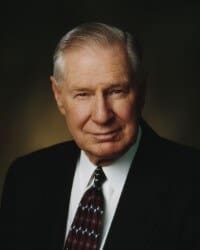
“Judgment, the weightier matter of the law mentioned by the Savior, cannot be separated from the other two: mercy and faith. Shakespeare wrote of “the quality of mercy.” Speaking through Portia, he said, “We do pray for mercy; / And that same prayer doth teach us all to render / The deeds of mercy.” I am frank to admit that when I say my prayers, I do not ask for justice; I ask for mercy.”
| The Weightier Matters of the Law:Judgment, Mercy, and Faith

